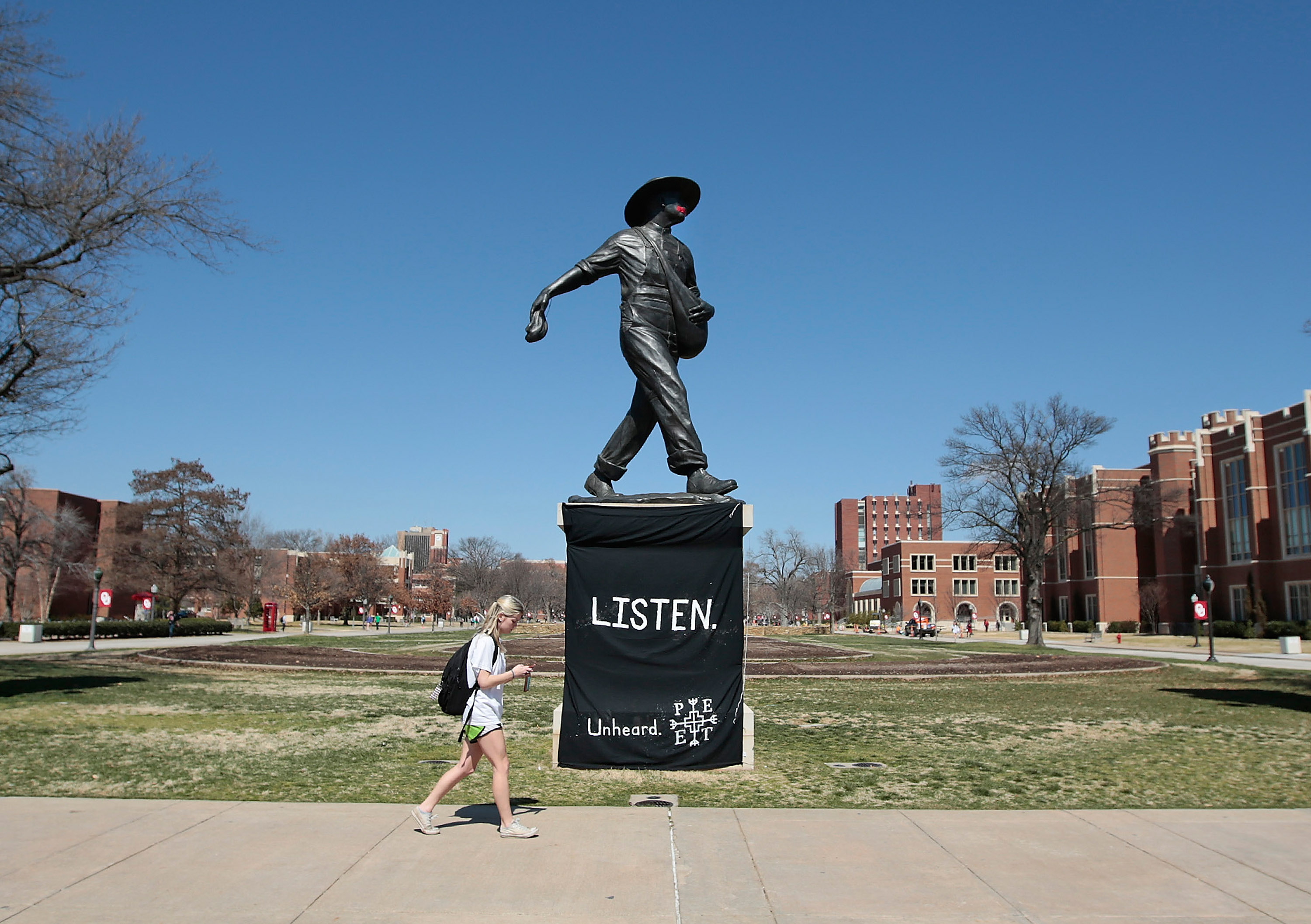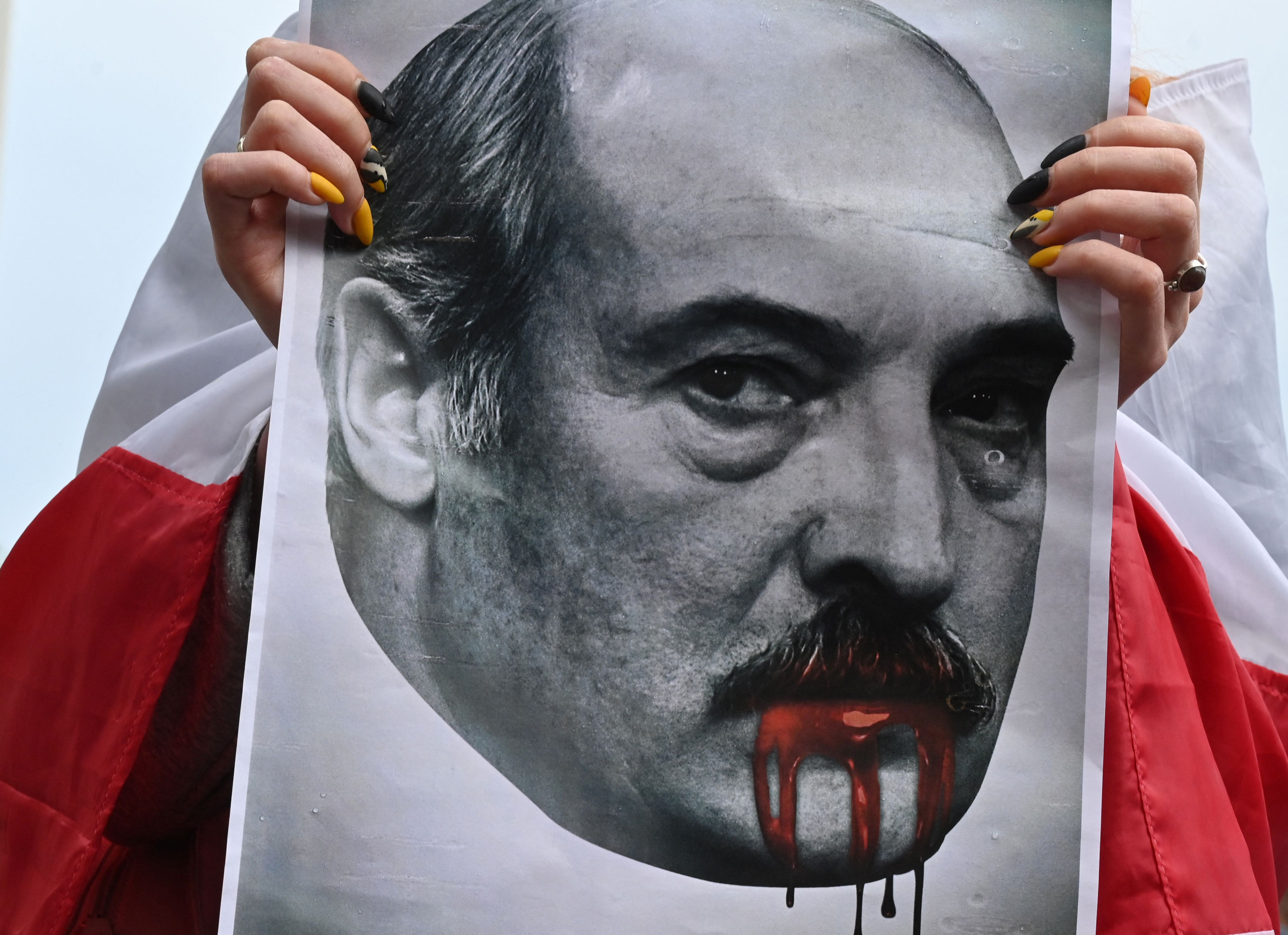Boeing's unionized factory workers are casting their votes on Monday to decide whether to accept a new contract offer or extend a strike that has halted plane production for seven weeks.
A vote to ratify the contract would enable the aerospace giant to restart production of passenger airplanes, providing a crucial boost to its cash flow.
However, if members of the International Association of Machinists and Aerospace Workers (IAM) decide for a third time to reject Boeing's offer, it would drive the company deeper into financial uncertainty and intensify existing challenges.
What Is Boeing Offering Workers to End the Strikes?
In its latest contract proposal, Boeing is offering a 38 percent pay increase over four years, along with ratification and productivity bonuses. IAM District 751, representing Boeing workers in the Pacific Northwest, has endorsed this offer, noting it is slightly more favorable than the proposal rejected nearly two weeks ago.

"It is time for our members to lock in these gains and confidently declare victory," the union district said in scheduling Monday's vote. "We believe asking members to stay on strike longer wouldn't be right as we have achieved so much success."
What Do Union Officials Say?
Union officials believe they have secured the best possible terms through negotiations and the ongoing strike, cautioning that if the current proposal is rejected, future offers from Boeing may be less favorable. The results of the vote are expected to be announced Monday night.
Boeing has firmly refused to reinstate traditional pensions, which the company froze nearly a decade ago. Pensions remain a significant sticking point for workers who previously voted down contract offers in September and October. Should the employees ratify the latest proposal, they are scheduled to return to work by Nov. 12, according to the union.

The strike began on Sept. 13 after 94.6 percent of machinists rejected Boeing's initial proposal, which included a 25 percent pay increase over four years—significantly below the union's original demand for a 40 percent raise over three years.
A subsequent offer on Oct. 23, proposing a 35 percent increase over four years but still omitting pension reinstatements, was also turned down by the workers.
How Badly is Boeing Performing?
This vote coincided with Boeing's announcement of a third-quarter loss exceeding $6 billion. However, support for the October proposal rose to 36 percent, up from just 5 percent in mid-September, suggesting to Boeing leaders that an agreement was within reach.
As the strike continued, newly appointed CEO Kelly Ortberg announced approximately 17,000 layoffs and a stock sale aimed at protecting Boeing's credit rating from slipping into junk status.
Ortberg has acknowledged that trust in the company has waned, debt levels are too high, and "serious lapses in our performance" have left many airline customers dissatisfied.
Despite these challenges, he points to Boeing's substantial strengths, notably a backlog of airplane orders valued at half a trillion dollars.
How Much Do Boeing Workers Earn?
Boeing reports that the average annual pay for its machinists, currently at $75,608, would increase to $119,309 over four years under the latest contract offer.
Alongside slightly higher wage increases, the proposal includes a $12,000 contract ratification bonus, an increase from the previous $7,000, as well as larger company contributions to employees' 401(k) retirement plans.
Boeing has also pledged to build its next commercial aircraft in the Seattle area, a commitment union officials worry may be withdrawn if workers reject the new contract offer.
The ongoing strike captured the Biden administration's attention, with Acting Labor Secretary Julie Su stepping in on multiple occasions, most recently last week, to facilitate negotiations.
This labor standoff—the first for Boeing machinists since an eight-week strike in 2008—marks yet another challenge in a turbulent year for the aerospace giant.
This article includes reporting from The Associated Press




















 English (US) ·
English (US) ·